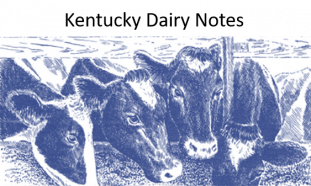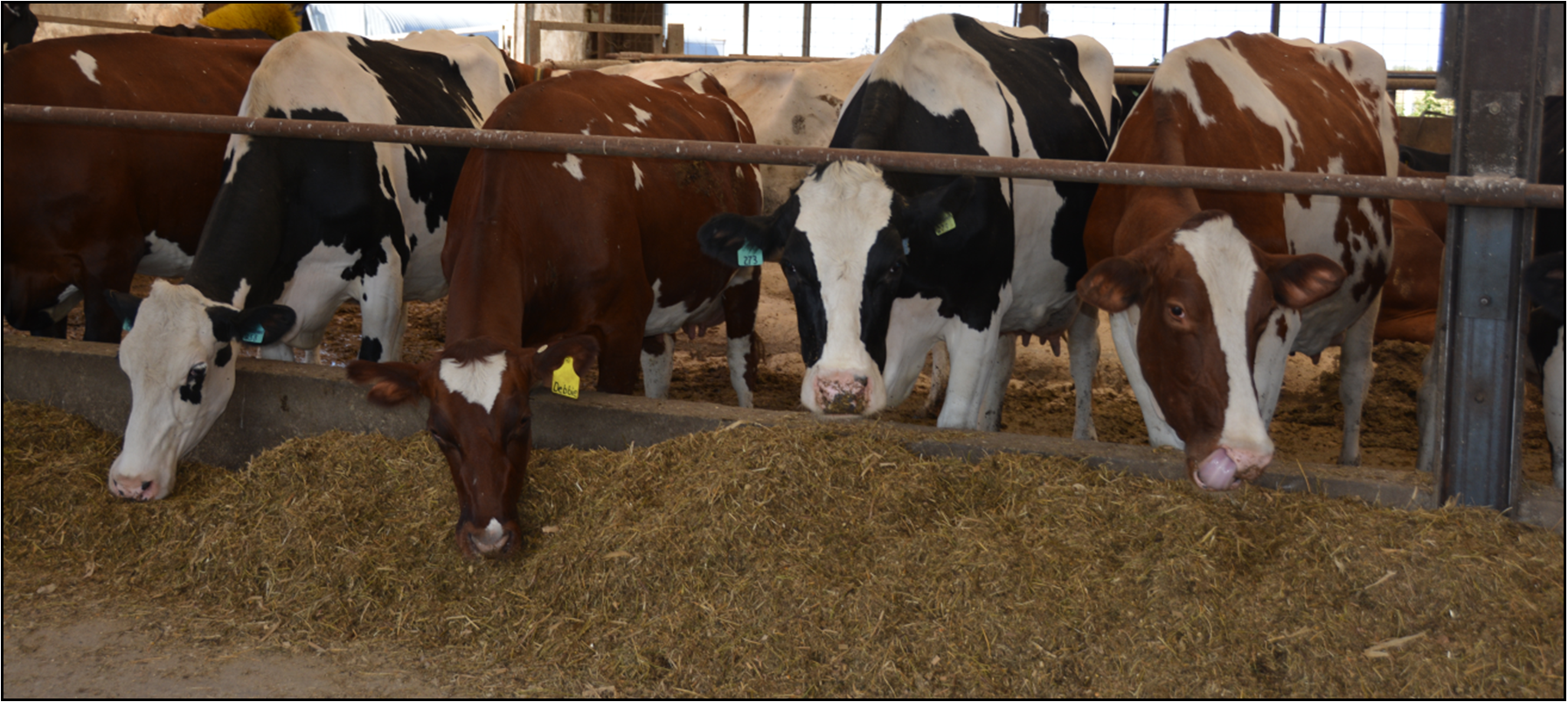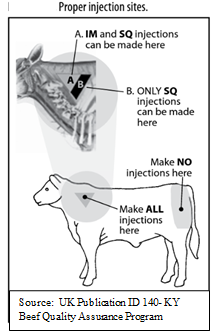KY Dairy Notes (November '22)

Tip of the Month
Cows not milking as well as expected. Why might that be occurring?
- First person blamed is often the nutritionist. But, their formulated ration may not be the cause.
- Previous suboptimal pregnancy rates resulting in longer days in milk resulting in more cows in later lactation.
- Mastitis incidence increases– high SCC cows give less milk.
- Facilities Mgt-Cows are overcrowding resulting in less time spent resting and ruminating.
- Ration not available 20+ hrs/day and/or mixed and delivered incorrectly.
- Forages may be harvested more mature, thus lower in nutrients and/or less digestible than last year due to growing conditions.
- More 1st calf heifers relative to mature cows than previously.
Dairy Calves are Picky Eaters
Calf starters needed to be designed and manufactured such that calves consume them readily. So, what are some of these key characteristics that constitute a “good” calf starter that calves like and readily eat?
Develop a Forward-Thinking Management Plan for your Fresh Dairy Cows
Management and feeding practices within the first 2 to 4 weeks after calving have a long-term positive or negative impact on not only milk production and health of cows throughout the lactation, but as importantly on fertility and early embryo survival.
Vaccines are an Im-portant Component of Dairy Cattle Health Management Programs
To Learn More about ensuring your vaccines are effective at preventing diseases.


